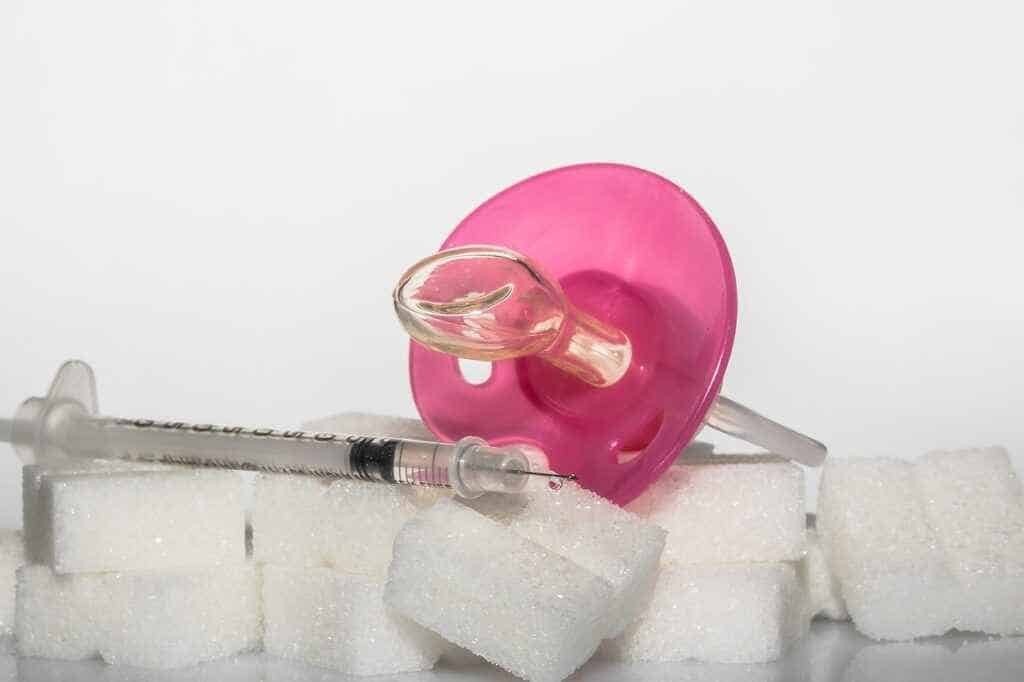Insulin resistance refers to when the body’s cells do not respond effectively to the hormone insulin. Although not exactly a form of diabetes, insulin resistance is a major contributor to type 2 diabetes, gestational diabetes, and prediabetes.

Obesity can lead to insulin resistance. However, you can get this condition of insulin resistance without being overweight or obese. We can treat insulin resistance with treatment techniques that lower the amount of insulin the body produces or takes, such as insulin injections or pumps.
What is insulin resistance?
Insulin’s job is to utilize glucose as a fuel or store it as body fat. It also implies that glucose levels in the blood are more likely to rise, which can lead to dangerously high blood sugar levels.
Most people aren’t aware they have insulin resistance until a blood test. From time to time, everyone experiences elevated blood sugar levels. When your blood sugar level is continuously high, you may notice that you are thirstier than normal, that you urinate more, that you are more exhausted, that your vision is impaired, and that the bottoms of your feet tingle.
Insulin resistance isn’t generally a part of conventional diabetic therapy. In clinical research, however, scientists may focus on insulin resistance measurements in order to investigate possible therapies for insulin resistance or type 2 diabetes.
They usually provide a lot of insulin to a person while also giving them glucose to maintain their sugar levels. Insulin resistance increases as the amount of glucose required to maintain normal blood sugar levels decreases.
What will your doctor do?
Your doctor will inquire about your symptoms, as well as your personal and family medical histories, weigh you, and measure your blood pressure. A blood test is necessary to diagnose insulin resistance. This can be done with by inserting a small needle into a vein to collect a blood sample. Often, you will be forced to fast for 8 hours before the exam.
A doctor will take your blood sample for analysis. It will check your blood sugar levels after you have fasted. Insulin resistance will be present if the blood sugar level of more than 100 mg/dL. Your doctor may also order a cholesterol test from a lab. High cholesterol levels are also a cause of Insulin resistance.
Prevention/Reversion
Risk variables such as race, age, and a family medical history are unavoidable. Losing weight, even if it is in small quantity, exercising frequently, and eating a nutritious diet are all ways to minimize insulin resistance. Choose carbs that are nutritious. For example, instead of white bread, choose whole-grain bread, drink water instead of soda, and limit your sugar intake.
Thus, insulin resistance is an entirely different condition as compared to diabetes. The fact the doctors check for this condition is that it can lead to diabetes if not controlled properly.





